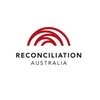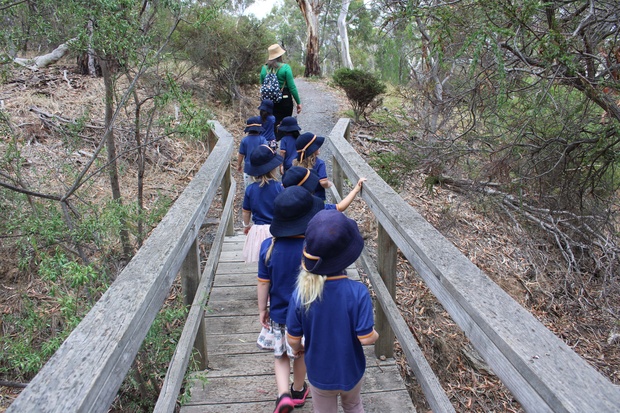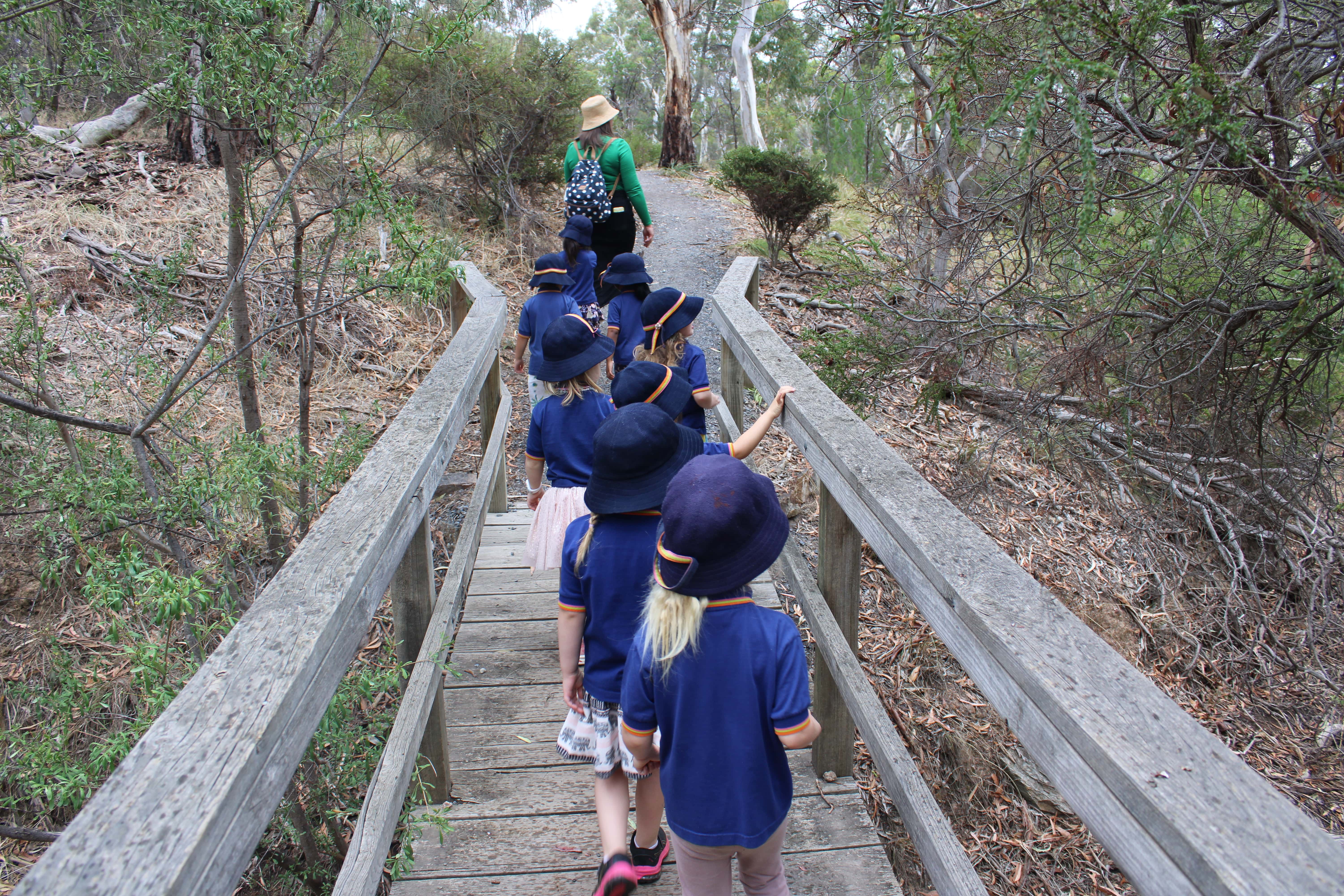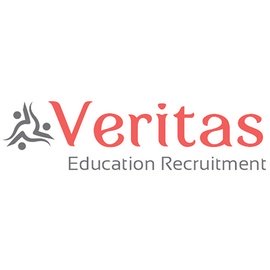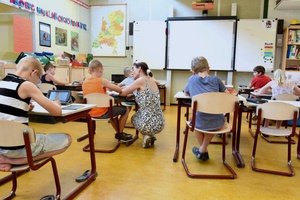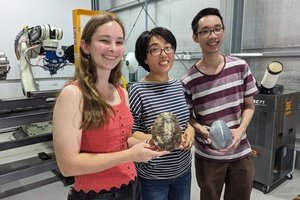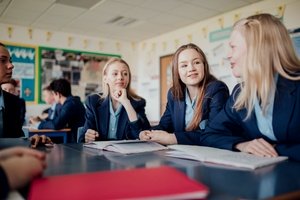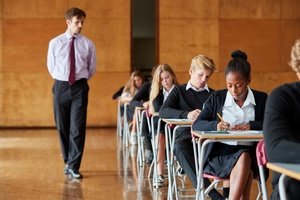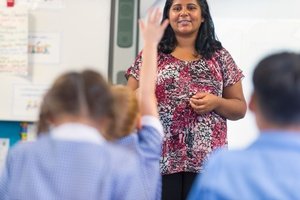The Kaurna Elder is key to the reconciliation efforts of Adelaide-based St Peter’s Girls Early Learners Centre, a finalist in the Early Learning Category of the Narragunnawali Awards 2021.
Run by Reconciliation Australia, the Narragunnawali Reconciliation in Education Awards are Australia’s first and only national reconciliation in education awards for schools and early learning services that are implementing outstanding reconciliation initiatives.
To illustrate the profound impact of St Peter's Girls Early Learners Centre reconciliation initiatives, Uncle Tamaru tells a story of arriving at the Centre with a senior female Kaurna Elder where they were greeted at the gates by a young Chinese-Australian child in their own Kaurna language.
Uncle Tamaru recounted that the child’s use of the Kaurna language had such an emotional impact on the Elder that she burst into tears. “I’m really proud of what we’ve done and what we’ve achieved.
“It’s brilliant what these kids do; they teach their siblings, they teach their parents. It is amazing how our Kaurna culture is embedded in the Centre’s daily culture,” said Uncle Tamaru
His words are reinforced by Kate Mount, former Director of the Centre, and a driving force in its Reconciliation Action Plan (RAP). “We know that the work we’re doing on reconciliation is making a difference, it comes to life in the actions and the words that come out of the children’s mouths, and the impact they are having on their families.”
Despite Kate’s recent departure from the early learning centre, teachers report very little disruption to the Centre’s reconciliation agenda.
Teacher Henrietta Balnaves explained that obstacles have been avoided because the centre has taken a strong whole-of-team approach to their work.
“We found that it was quite a seamless transition because Kate wasn't just driving this work alone,” Henrietta said. “She was all about bringing other people in and involving everyone in the team.”
This approach of widely sharing responsibility for the Centre’s reconciliation aspirations is one of the key reasons for its successes.
“Instead of having a small group, we said 'no'. We need to give this heaps of value; we need to actually make everyone accountable. So, all our educators were actively involved.”
The other key ingredients to St Peter's Girls Early Learners Centre’s success have been the determination to ensure reconciliation is at the core of the Centre’s culture and building personal relationships with members of the Kaurna and wider Aboriginal communities.
“Our knowledge of Kaurna culture, and of First Nations people more generally, is something that is embedded in our own culture, in our everyday practice,” said art teacher Caterina Pennestri. “Our daily rituals, the songs, the gestures, the symbols are of our daily reality. They are what drives our Centre.”
Caterina said the centrality of Kaurna culture and reconciliation values in the centre’s business is something explained to new teachers. “For the new teachers, knowledge of Kaurna culture, and our respect for First Nations people is something that is stressed from day one. It is a key part of our induction process that new teachers know and understand the importance of our RAP and the values of our Centre.”
To ensure that Kaurna culture runs through all its activities, the St Peter’s Early Learning Centre sought help from a leading Aboriginal education specialist. Professor Lester-Irabinna Rigney, a descendant of the Narungga, Kaurna and Ngarrindjeri peoples, was engaged to assist curriculum planning to embed reconciliation into their entire practice.
Each day at the Early Learning Centre starts with an Acknowledgement of Country, written by the children themselves.
Storytelling, songs, dances and regular visits to the Ferguson Conservation Park, which adjoins the Centre, ensure Kaurna culture and environmental perspectives are highlighted in every facet of the young children’s early education. As the children begin exploring their world mathematically, Kaurna symbols combined with English symbols are used.
Uncle Tamaru renamed school activities in his Kaurna tongue. Group time became Banbanbalya, and the Palti Circle – a meeting place which values connection and where members of the community are listened to and respected – are now part of the Centre’s daily rituals.
While currently there are no children who identify as First Nations in the early learning centre, there are Aboriginal students in the main St Peter’s school community. Henrietta and Caterina both remark on the new enthusiasm these students have shown in engaging with the young children at the centre.
“You can see how proud these students are when they visit us to share stories at lunchtime,” said Henrietta.
Caterina believes these older Aboriginal students have felt empowered, and a responsibility to be part of the early learning centre community. “They came down to start telling stories to our children, a beautiful experience for our children who wait at the gate for them. This is a relationship that we want to continue, a relationship that has been possible through our RAP.”
It is the respectful relationship developed between St Peter’s Girls’ School Early Learner's Centre and the local Kaurna community that has informed its reconciliation process and led to the centre being a highly praised finalist in the Narragunnawali Awards 2021.
According to Henrietta Banalves, the strong connection built with the Kaurna People has meant that teachers as well as the children are learning Kaurna culture, language and ways of seeing the world.
Both teachers said their experiences in the reconciliation process at the centre has been life-changing and urge other educational institutions to join the Narragunnawali program, develop a RAP and apply for the Awards.
“I’ve grown so much, both personally and professionally in the past two years involvement in in the Narragunnawali Awards,” said Henrietta. “It helps you reflect on what you have achieved and what you improve. It is like a very positive review of our centre and of our role as early educators.
“It’s a beautiful inspiration for the future.”
The Awards form part of the program Narragunnawali: Reconciliation in Education, which is dedicated to supporting schools and early learning services in Australia to develop environments that actively engage the hearts and minds of future generations to contribute to the reconciliation process.

